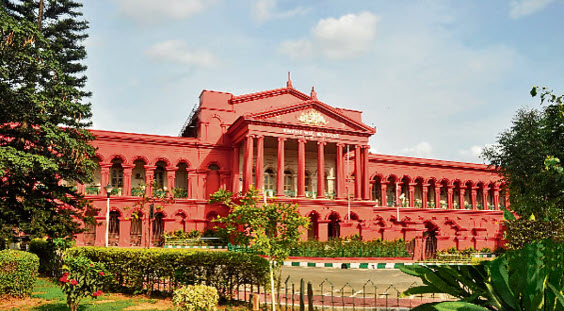 Consequent to the new Gaming Act passed by the Government of India, there is a pressure from the Gaming companies to persuade the State Governments to frame their own laws so that in the case against the Central law, an argument can be used that the power to make this law lies with the State and many states are already having such laws.
Consequent to the new Gaming Act passed by the Government of India, there is a pressure from the Gaming companies to persuade the State Governments to frame their own laws so that in the case against the Central law, an argument can be used that the power to make this law lies with the State and many states are already having such laws.
This is an attempt to preserve the “Income” of the state politicians from running of these online betting and other illegal activities in the guise of online games.
This must be opposed.
The Online Gaming deals with a “Game” that is run on a “Computer” or a “Computer like device”. ITA 2000 is the only law that defines the law of “Cyber Space”.
“Cyber Space” is an area of activity which is different from the physical space. A State Government may have rights to regulate a game in physical space but it does not have powers to frame laws in the Cyber Space. Just as maritime zone, Satellite space, Air space, the Spectrum etc are regulated under Central law, the “Electronic Gaming Space” is “Cyber Space” and does not come under the jurisdiction of the State Government.
In ITA 2000, Section 90 specifies:
Section 90: Power of State Government to make rules
(1) The State Government may, by notification in the Official Gazette, make rules to carry out the provisions of this Act.
(2) In particular, and without prejudice to the generality of the foregoing power, such rules may provide for all or any of the following matters, namely –
(a) the electronic form in which filing, issue, grant receipt or payment shall be effected under sub-section (1) of section 6;
(b) for matters specified in sub-section (2) of section 6;
(3) Every rule made by the State Government under this section shall be laid, as soon as may be after it is made, before each House of the State Legislature where it consists of two Houses, or where such Legislature consists of one House, before that House.
This power is only to make rules under the provisions of the Act and not to make new provisions applicable to cyber space.
“Cyber Space” is the space where “Binary Expressions” exist and interact with citizens and other “Binary Expressions”. In the time of AI and humanoid robots, we separately discuss whether “Binary Expressions” are limited to electronic documents only or extend to AI as juridical entities. However the fact remains that “binary expressions” create “Electronic documents” and they interact to produce the Gaming experience in the form of audio and video. The definition of “Computer” in ITA 2000 extends to Gaming Consoles also.
Hence the Central Government should oppose the attempts of the gaming industry to challenge the Promotion and Regulation of Online Gaming Act (PROGA) on the grounds that this does not belong to the State jurisdiction under the Constitution.
States can pass laws for physical activity of gaming but not for gaming within a gaming console. If this is permitted, then the State Government will also have the jurisdiction to legislate processing of data within a computer or a mobile. State can say that since ISRO is physically located in Bengaluru, the data accessed in the computer systems at ISRO is under the legislative jurisdiction of the State. If IAF has a ground station and connects to the computing devices in the Airplanes or on ships etc., the relevant state Government may claim that that space also comes under the jurisdiction of the state.
To prevent such arguments, we need to clearly define that computers as a physical entity may exist in physical space but the electronic documents within the computer or on the Internet space are binary expressions and come under the special legislative powers of the Central Government only.
Hence the State of Karnataka which is trying to pass a separate Gaming law at the corruptive push from the industry should restrain itself and not enter into this domain.
I request public spirited law firms in Karnataka to oppose this move through a PIL filed in the Karnataka High Court by impleading in the case filed by A 23
Naavi








